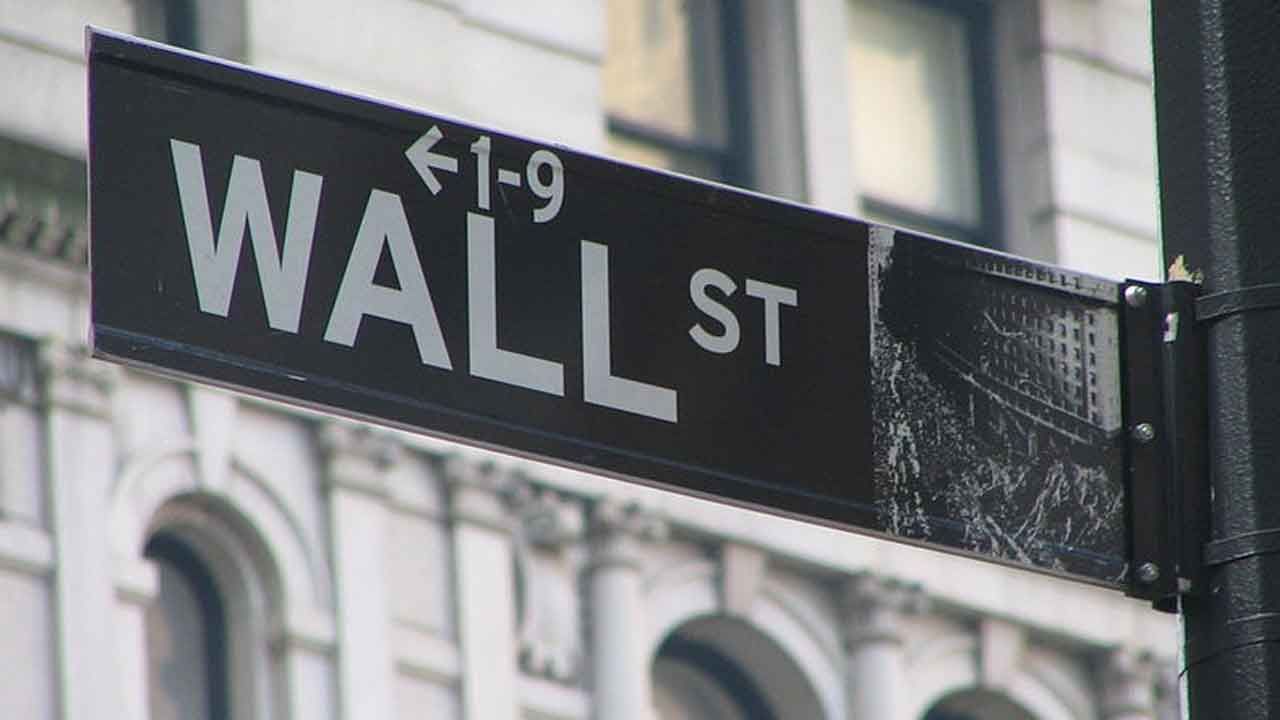Views expressed in opinion columns are the author’s own.
A University of Maryland student needs to look no farther than South Campus for an accurate visual representation of the American policymaking process: Maryland’s public policy school is located in the same building as its business school. Indeed, business interests and policy are rarely that far apart.
This year’s midterm elections serve as another example of how big business’ influence on politics is a two-sided affair — especially when it comes to Wall Street. While the focus was on the diversity of the new Democratic representatives and the rise of popular progressive figures such as Alexandria Ocasio-Cortez, Democratic candidates received more money from the securities and investment industry than Republicans for the first time since around the financial crisis. Likewise, commercial banks donated about $8.4 million to congressional Democrats. During this election cycle, commercial banks donated the highest totals they’ve given to Senate Democrats since 2008.
Democrats were especially cozy with Wall Street before the recession. Bill Clinton made financial deregulation a staple of his presidency; he signed into law a bill that repealed some of the most important provisions of the Glass-Steagall Act, greatly loosening restrictions on banking activities.
Even after the financial crisis, Democrats didn’t exactly crack down on the financial sector, which had just brought the economy to the brink of collapse. The passage of the Dodd-Frank Wall Street Reform and Consumer Protection Act was a necessity, but even that was undeniably watered down by corporate lobbyists. And as The New York Times reported in 2013, bank lobbyists had become so influential with congressional Republicans and Democrats alike that they were literally writing banking regulations themselves.
And now, the financing of the midterm elections offers a warning of a return to even more bipartisan accommodation of Wall Street. Progressives are celebrating Democrats’ reclaiming of the House, hoping it will mean limiting President Trump’s power and a range of sensible policies such as strengthening The Patient Protection and Affordable Care Act and campaign finance reform. But while more Democrats in Congress is certainly an improvement, there is a tendency to overlook the disturbing similarities between the two parties.
As just one example, the financial sector is poised to have a strong influence on the new Democratic majority in the House. Lost in the headlines about the Democrats’ elections are the corporations and investment firms that underwrote their victory. Wall Street’s donations to Democrats this election cycle signify that parties rely on big business to win and retain power — and those contributions don’t come without a reason. The jump in stock prices immediately following the elections demonstrate confidence that donors’ investments will pay off.
Though Republicans may be more directly in line with Wall Street’s goals, as they are relatively unequivocal in their support for financial deregulation, the spike in campaign contributions to Democrats ensures the financial sector has access to much of Congress.
This is not to say that all members of Congress are beholden to Wall Street. But the Democratic Party’s new donors should serve as a reminder that simply rooting for Democrats to win elections does little to change the status quo in Washington, D.C.
Zachary Jablow is a sophomore economics and government and politics major. He can be reached at zachjablow@gmail.com.



